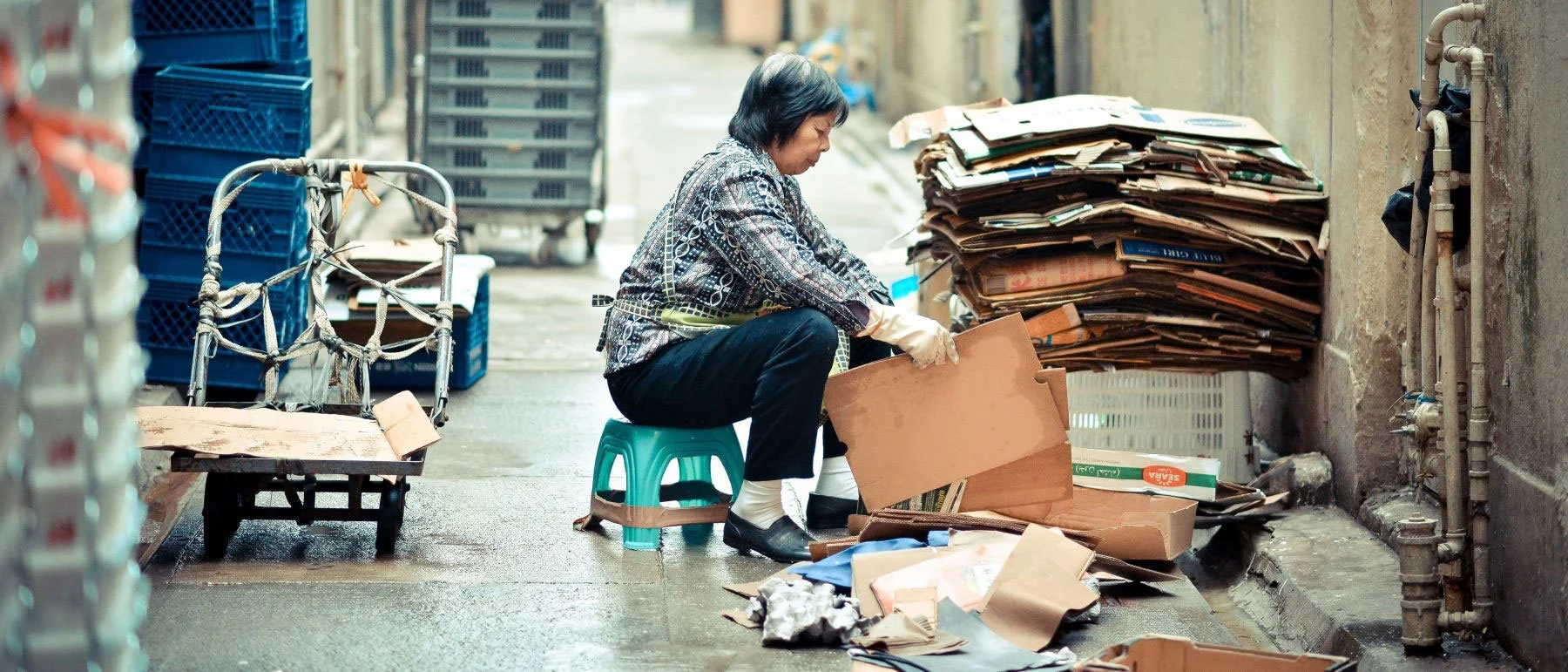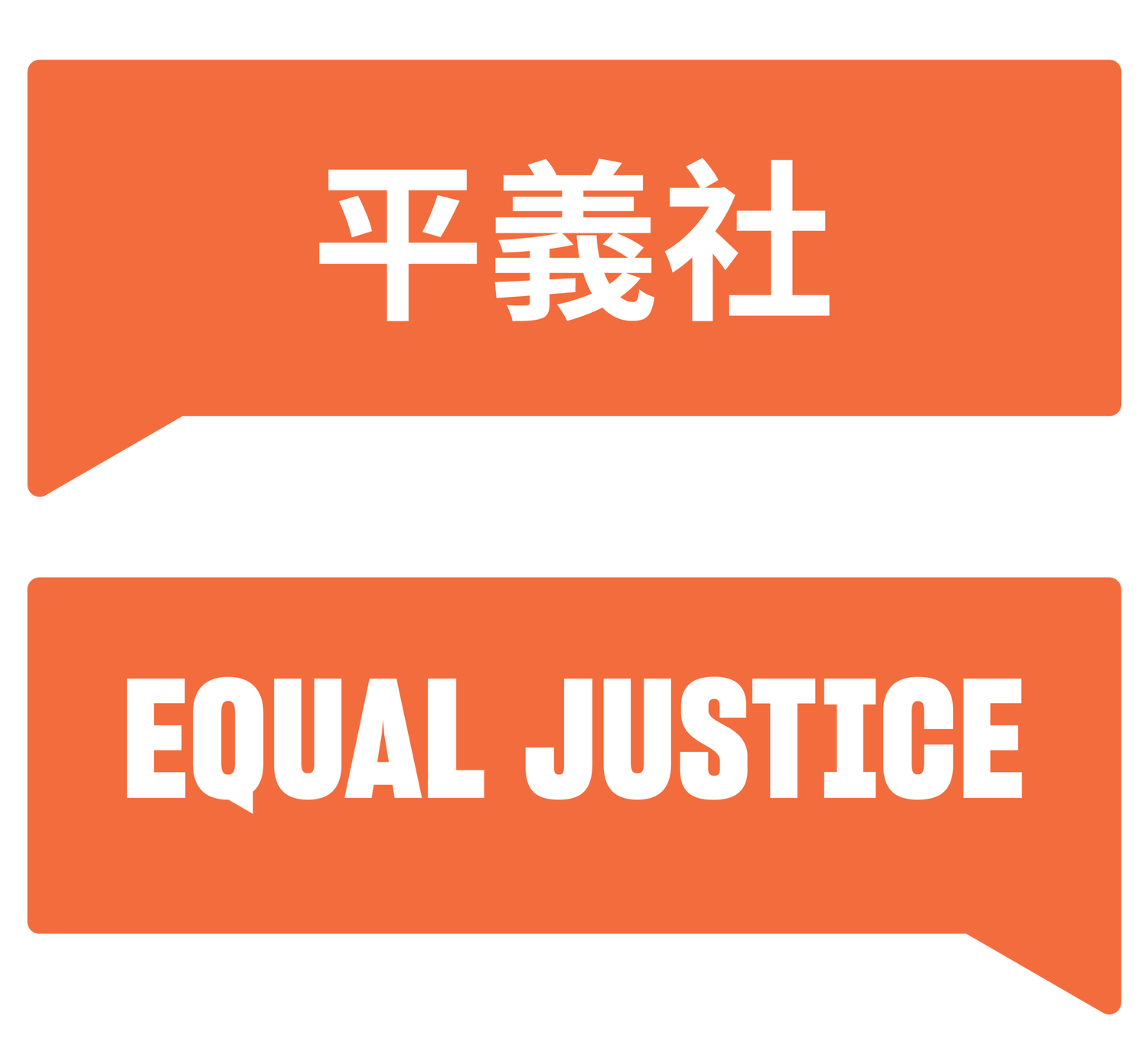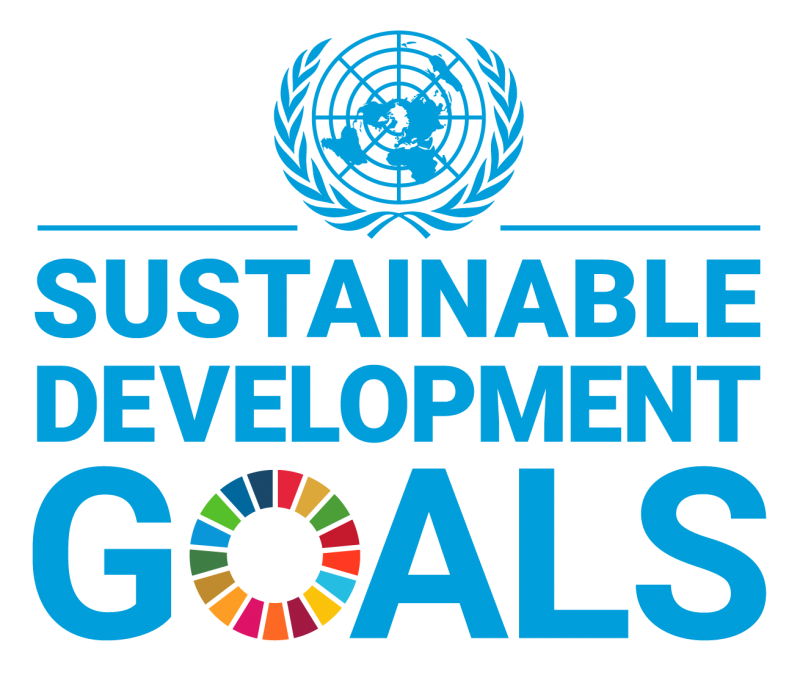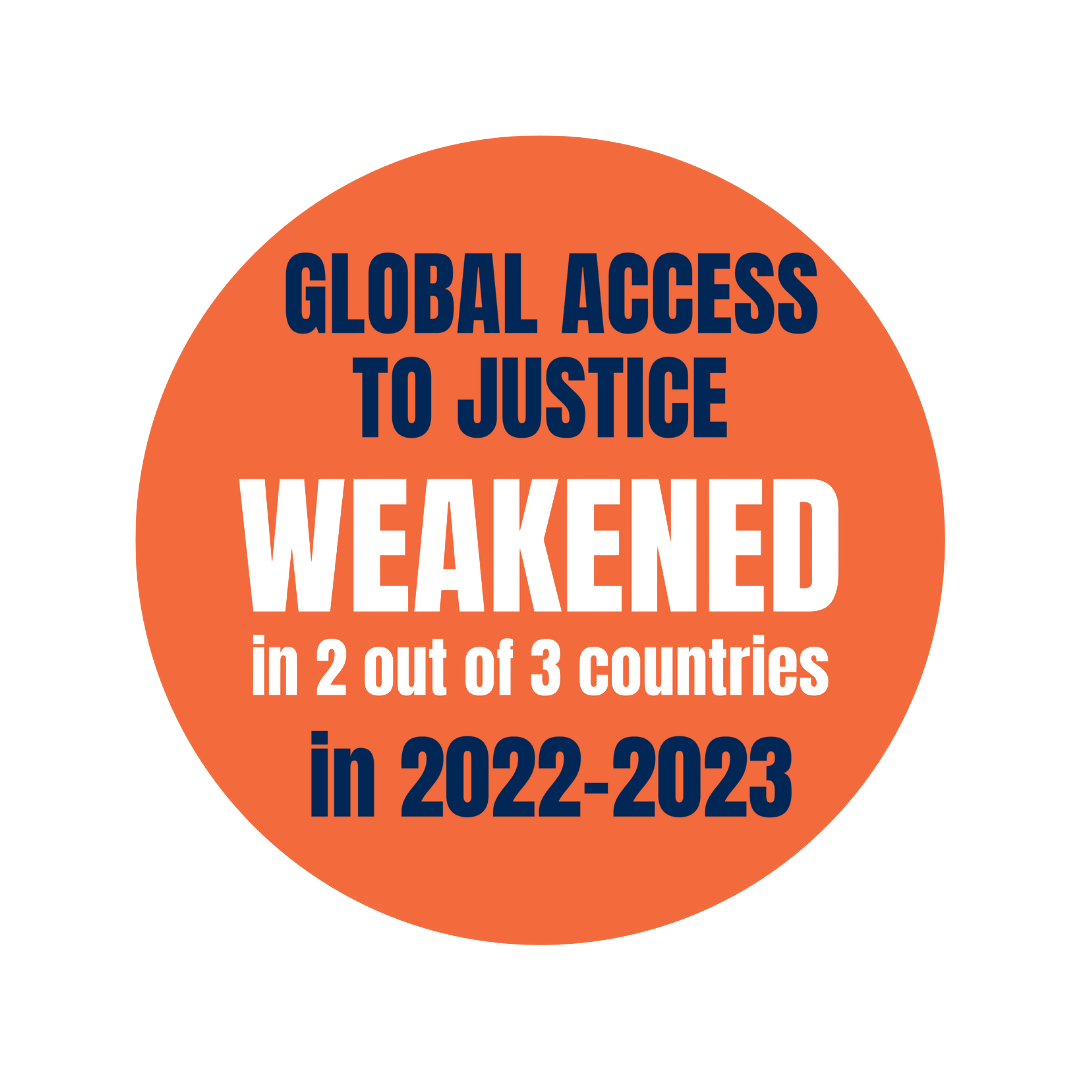
THE PROBLEM WE SOLVE
Access to justice remains an elusive goal for many. This gap disproportionally affects vulnerable people who, despite having a greater need for legal services, find the legal system daunting and difficult to navigate.
UNITED NATIONS 2030 AGENDA FOR SUSTAINABLE DEVELOPMENT
Access to justice is an integral part of the United Nations 2030 Agenda for Sustainable Development. In Hong Kong, the Department of Justice launched its Vision 2030 for Rule of Law initiative, showing support for the UN’s Sustainable Development Goals and in particular Goal 16, which has a target to: “promote peaceful and inclusive societies for sustainable development, provide access to justice for all.”
By expanding access to legal services to the needs of the most vulnerable people, significant progress can be made toward the realisation of global development goals and the promotion of a more peaceful and inclusive society. Our work furthers the 2030 Sustainable Development Goals .
LINK BETWEEN LEGAL AND SIGNIFICANT SOCIAL AND ECONOMIC ISSUES
The Organisation for Economic Co-operation and Development (OECD) has identified a clear link between legal issues and significant social and economic issues. Unresolved legal issues can exacerbate health problems, lead to loss of employment, and necessitate additional social and healthcare services, with the OECD estimating that unmet legal needs can cost countries between 0.5 to 3% of their GDP. For Hong Kong, this translates into a potential loss of US$1.9 to $11.3 billion, underscoring the economic imperative of addressing the justice gap.
The Hong Kong government supports people in need by providing healthcare, education, and social welfare, much like a stool with only three legs. While it stands, it's not as stable as it could be. The missing fourth leg represents access to justice. By strengthening this aspect, we ensure greater social welfare for all. A chair with four legs - healthcare, education, social welfare, and access to justice - offers a stable, comprehensive support system that benefits the whole society.
Equal Justice 平義社, an award-winning community impact charity based in Yau Ma Tei, Kowloon, plays a vital role in bridging the access to justice gap. We offer "legal first aid" and connect vulnerable people to more tailored legal advice. In collaboration with the legal eco-system and in support of the Sustainable Development Goals, we provide free legal education, information, and support to people who are disadvantaged, excluded and who cannot afford or otherwise access or understand it.





